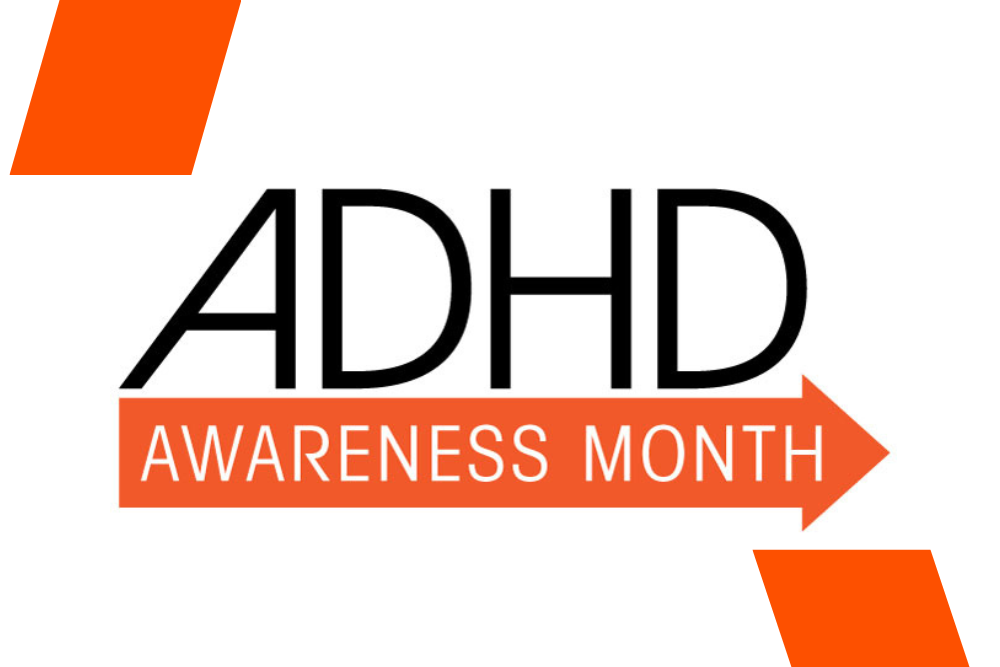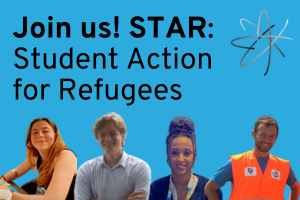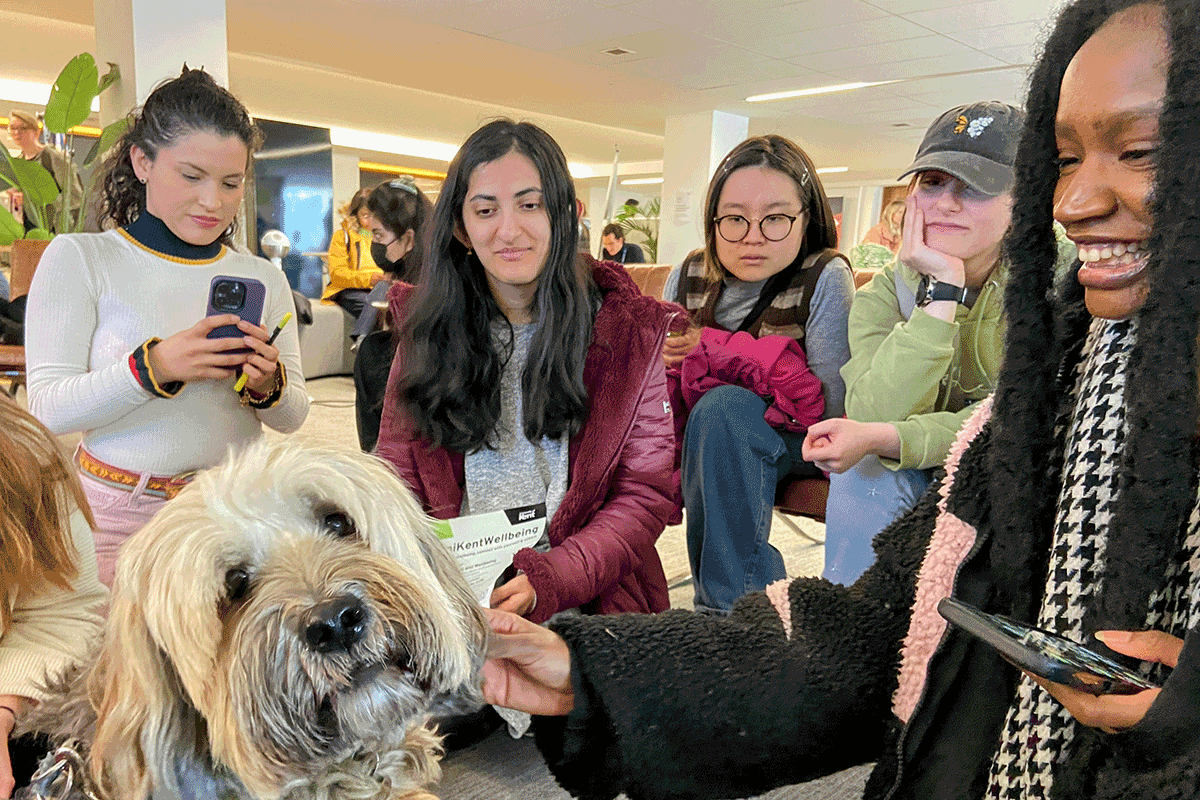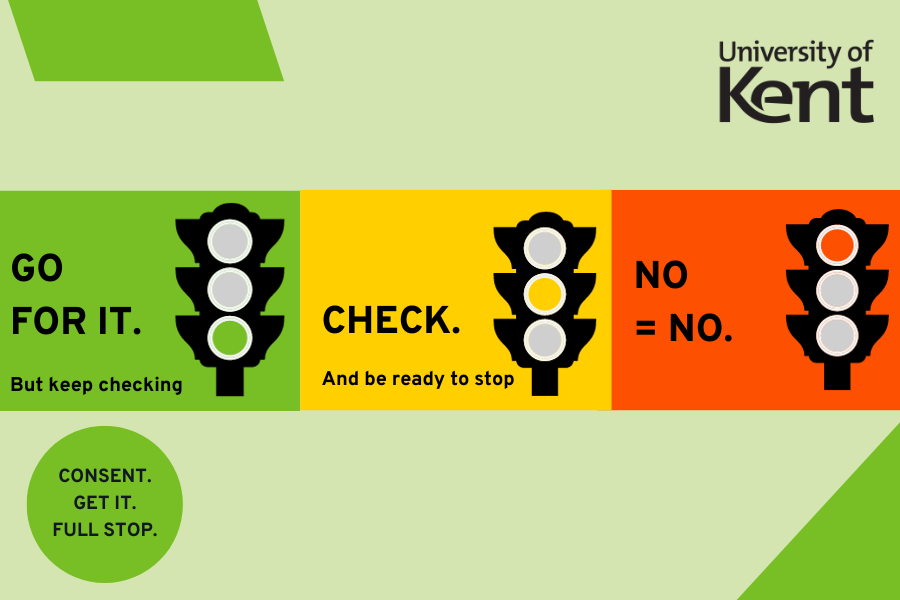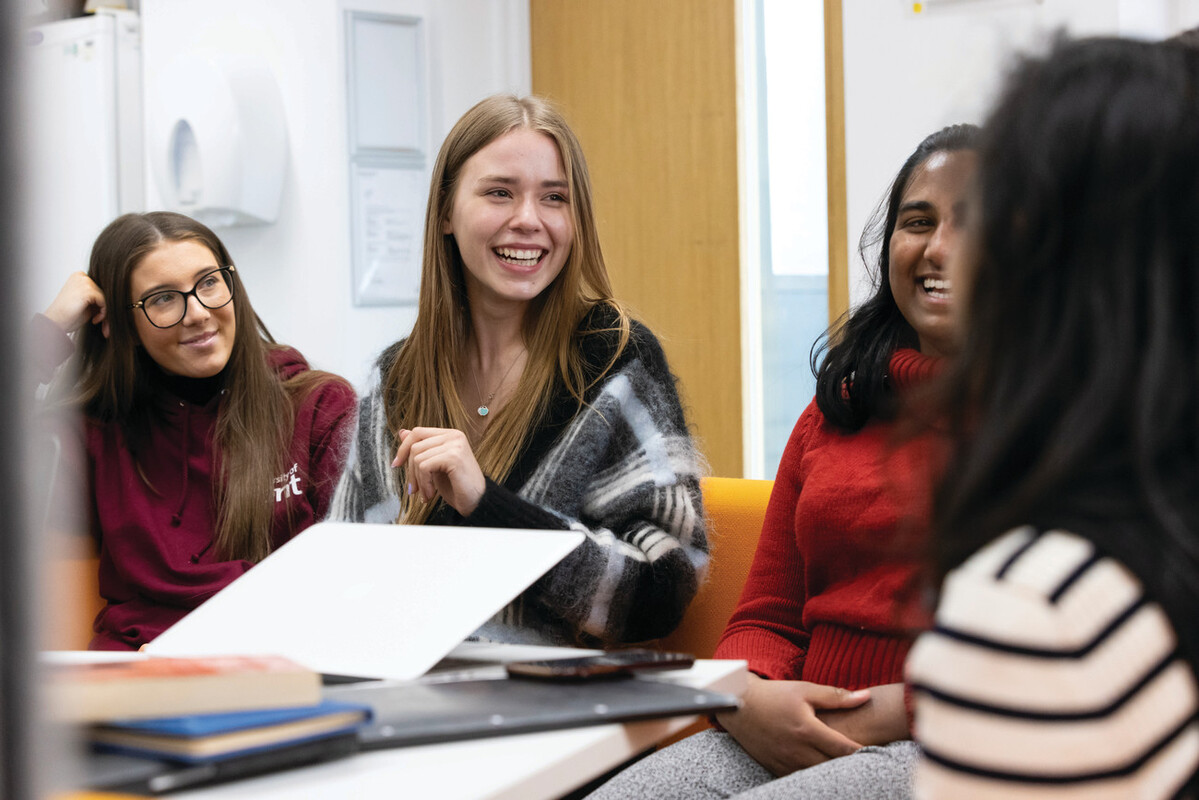Did you know that one in every hundred students in our Kent community has said that they identify as transgender or gender non-conforming? However we suspect this number might be much higher.
13-19 November is Transgender Awareness Week, which aims to:
- raise awareness of the experiences of transgender and gender non-conforming people
- share stories of transgender people in our society
- advance advocacy around the issues of prejudice, discrimination, and violence that affect the transgender community.
Recent figures show that the number of UK students who define themselves as neither male nor female has more than doubled in the last two years. LGBTQ+ rights charity Stonewall explains that people are becoming increasingly confident to be themselves, thanks to more social acceptance and visibility of different sexual and gender identities.
The big impact of small actions
At Kent we hope to further our inclusive community, eradicate prejudice, and support one another.
On this subject, Lynne Regan, a senior member of the Student Support and Wellbeing team on the Medway campus, who also recently completed her Doctorate on the experiences of trans students at uni, explains how small actions of recognition and awareness of trans students can have a big impact:
“Rainbow lanyards are available for staff and students from most college and library receptions at Canterbury and Medway. Designed around the ‘Inclusion Flag’ which incorporates the Pride rainbow flag with pink, blue, brown and black representing the trans community and people of colour within the LGBT+ community. Wearing the lanyards shows students that they can ‘bring their whole selves’ to you without fear of judgement or an unsupportive reaction. One of the interview participants in my study stated “I love that many of the lecturers wear these lanyards with the rainbow pattern on them, which signals to the students that they are LGBTQ+ allies and can be approached… I like that I have someone I can actually turn to very visibly… It makes me feel very welcome.”
“Another thing you can do is to use inclusive language and respect pronouns. If someone has told you the pronouns that they use, then respect this. Use the pronouns they have asked you to use. Do not assume pronouns based on the way someone looks or sounds.”
Support for students at Kent
- There is a support group in Canterbury that meets twice a month. It is open to trans, intersex and non-binary people at Kent. The group is run by trans/non-binary people for trans/non-binary people. Family and partners are welcome.
- There are gender-neutral toilet facilities across our Canterbury and Medway campuses.
- Student Support and Wellbeing offer free mental health support, counselling and peer support groups to all students and have an advisor with specialist LGBTQ+ support knowledge.
- Check out our directory of LGBTQ+ self-help resources including details of free, confidential, specialist helplines and support group networks, such as Metro, The Be You Project, and Gendered Intelligence.
- You can also update your gender and preferred name (which shows on your Microsoft Teams account) on KentVision.
- Have you heard of the Gender Affirmation Fund? The fund supports students who identify as transgender, non binary or gender non-conforming with the purchase of gender affirming items such as binders, clothing, packers, makeup, hair extensions, pouches, Stand To Pee devices, gendered religious headwear or clothing and minor cosmetic procedures such as ear piercing or for managing body hair.
Experienced hate or discrimination because of your gender identity?
You can report incidents of assault, harassment, and hate via the REPORT + SUPPORT tool, with or without giving your name. Even if you don’t choose to request support, by reporting an incident you will help to make the University a safer place for all.
Help us create a university community which belongs to all students, and where all students feel they belong by sharing this information on transgender awareness. #InclusiveKent


